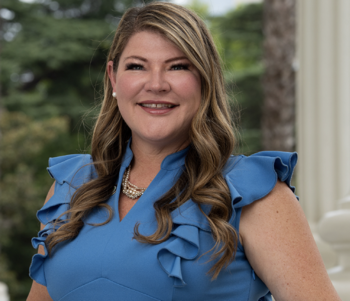Affordability Law Whodunnit Gets Less Mysterious, But Murkiness Remains
The mystery of who and what killed the California Affordable Home Internet Act is coming into view.
As a California lawmaker hinted when the bill was abruptly withdrawn in June, the evidence seems to be pointing to the new leadership now directing the National Telecommunications and Information Administration (NTIA) – the agency administering the $42.5 billion federal BEAD program to expand Internet access.
In a recently released FAQ published by the NTIA this week, a corroborating clue has emerged.
And what may be the smoking gun is a bullet buried on page 48, under section 3.29, after the question: "May an Eligible Entity (states) require a specific rate for the low-cost service option (LCSO) when required by state law?”
NTIA's answer:
“No. The IIJA prohibits NTIA or the Assistant Secretary from engaging in rate regulation. Because the Assistant Secretary must approve the LCSO in the Final Proposal, the rate contained may not be the result of rate regulation. The RPN (Restructuring Policy Notice) addressed this fundamental flaw in the BEAD NOFO. The RPN eliminated BEAD NOFO requirements dictating price and other terms for the required low-cost service option.”
“Per the RPN, states may not apply state laws to reimpose LCSO requirements removed by the RPN. More specifically, the RPN ‘prohibits Eligible Entities from explicitly or implicitly setting the LCSO rate a subgrantee must offer’ (BEAD Restructuring Policy Notice, p.7). Violation would result in rejection of the Final (BEAD) Proposal (emphasis added).”








